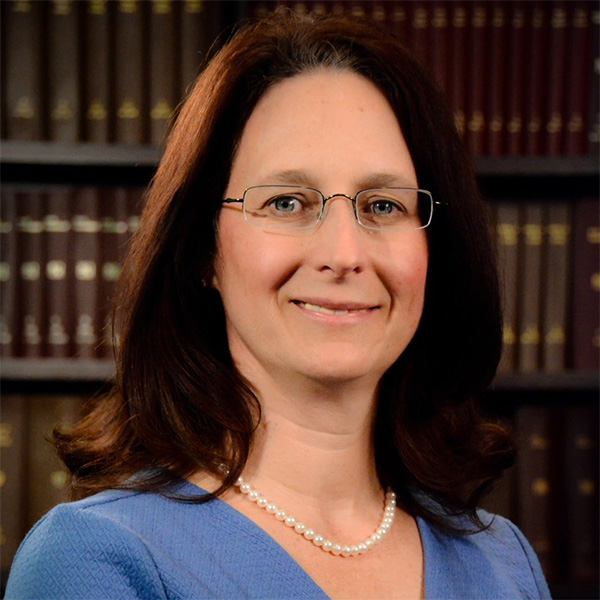Validation
PRESIDENT’S MESSAGE
Validation is often thought of as a bad word. This is especially true when we think of our emotional selves, like when someone is perceived to be looking for external validation as a reflection of their value in society. A quick search of social media will reveal hundreds of feel-good memes that tell us not to seek validation—that the need for validation is a sign of weakness, and that being one’s own source of validation is a sign of power and strength.
However, as scientists, we understand another side to validation. We know and accept that validation is an important part of the scientific method. For a hypothesis to gain acceptance in the scientific community, we must validate our theory through appropriate experimental design, empirical evidence, peer review, reproduction of results, presentation, and publication.
Scientists have long accepted the rigor of this type of validation and the humility required of us, as scientists, to accept our peers’ challenges to our hypotheses, our experiments, and our evidence. This is the brilliance of science. We remain open to the idea that our work can become invalid as new data is gathered and we learn. This openness to validation is what has propelled humanity forward with scientific advancement and innovation.
Five years ago, IFT introduced the Certified Food Scientist (CFS) certification. The CFS aims to validate the knowledge one has gained through a combination of formal education, continuous learning, and work experience, across a spectrum of important areas including food safety, food microbiology, food engineering, sensory evaluation and consumer testing, product development, quality assurance and quality control, food chemistry and analysis, and regulatory management.
As a Certified Food Scientist who also holds a BS, MS, and PhD in food science, I’m often asked why the CFS is a valuable additional validation of my knowledge. The answer is simple: I am a scientist who is committed to both the intellectual rigor and continuous life-learning that is required of my profession. For me, it is an honor to hold the CFS designation, which demonstrates my commitment to keep up with the latest scientific information relevant to the science of food.
Becoming a Certified Food Scientist is a choice. It isn’t a license, and I’m currently unaware of any role in food science for which it is a stated requirement. However, IFT has recently begun analyzing data on job postings and job descriptions across multiple platforms to mine for important trends. This data is showing us that the CFS designation is increasingly listed as a preferred qualification for jobs in the science of food. Additionally, a recent survey of IFT members showed 32% of members plan to pursue their CFS, a number that has increased dramatically in just two years. This increase is largely driven by students and new professionals, 50% of whom say they are either working toward their CFS or plan to pursue it in the future.
Next month, a new group of qualified participants will take the CFS exam. They’ll select the testing location of their choice at one of 5,000 options worldwide. Among this group taking the exam in May will be IFT’s 2,000th Certified Food Scientist—an incredible milestone for a certification that is only five years old.
In addition to having validated their knowledge, these 2,000 Certified Food Scientists, from more than 50 countries, will have also made a commitment to self-directed, lifelong professional development and learning. It is a signal to current and future employers that professional excellence and competitiveness require the maintenance of skills and competencies in our rapidly changing industry. In order to maintain one’s status as a Certified Food Scientist, one must pursue 75 contact hours of qualified continuous education every five years, which can be completed in a variety of forms, including participating in seminars, conferences, and online courses; university course work; authoring and publishing; research and presentations; and volunteer activities. I have recently reached this five-year milestone and have proudly completed my renewal by providing evidence of my contact hours in what was a simple process.
Validating our knowledge and committing ourselves to continuous professional learning is consistent with the pride I know most of us feel as scientists, engineers, and professionals in the science of food. The CFS isn’t validation in the face of doubt about one’s knowledge. Rather, it’s an important opportunity to celebrate one’s accomplishments, abilities, knowledge, and commitment to our profession. I invite each of you to join me in this validation by becoming a Certified Food Scientist.
 Cindy Stewart, PhD, CFS
Cindy Stewart, PhD, CFS
IFT President, 2017–2018
Global Cultures and Food Protection Technology & Innovation Leader, DuPont Nutrition & Health, Wilmington, Del
[email protected]


